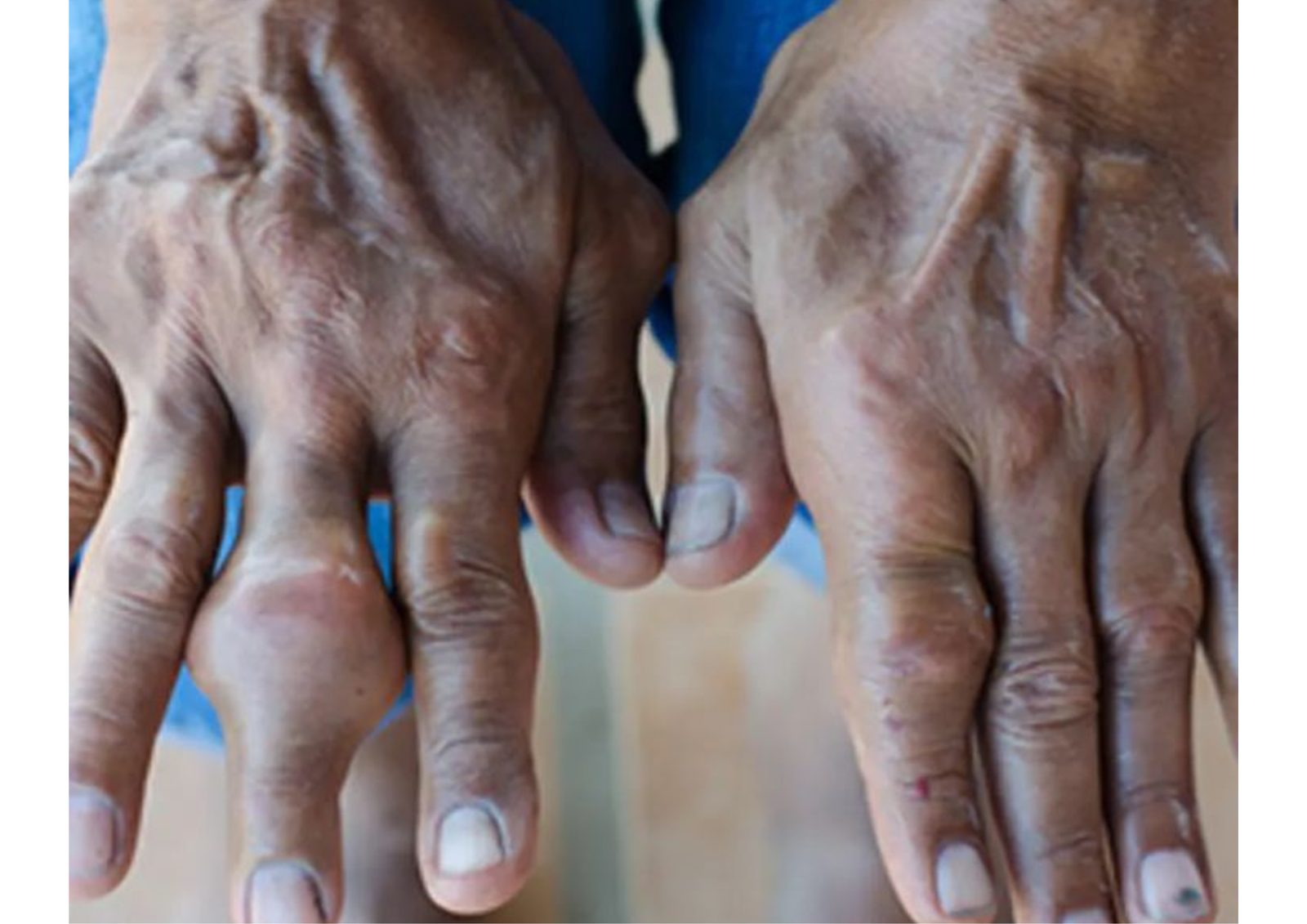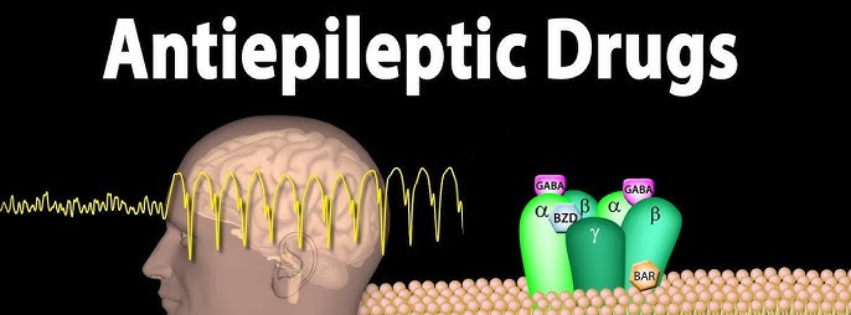
Understanding Gout Through Ayurveda: Causes, Symptoms & Holistic Healing
Gout is a painful and inflammatory condition that has troubled humankind for centuries. In modern medicine, gout is known as a type of arthritis caused by the accumulation of uric acid crystals in the joints, leading to intense pain, redness, and swelling. Ayurveda, India’s ancient system of natural healing, offers deep insight into the root causes of gout and provides effective natural ways to manage and prevent this debilitating disorder.
What is Gout in Ayurveda?
In Ayurveda, gout is referred to as Vatarakta. The word Vata denotes the Vatadosha (one of the three vital energies governing our body), and Rakta means blood. Vatarakta is a disease caused by the vitiation of Vatadosha along with Raktadhatu (blood tissue). When both these get aggravated, they obstruct the channels, leading to the deposition of toxins in the joints, causing pain and inflammation.
Ayurveda sees gout not just as a local joint disorder but as a systemic imbalance, often resulting from poor digestion, improper diet, and an unhealthy lifestyle.
Causes of Gout According to Ayurveda
The primary cause of Vatarakta is the disturbance of the digestive fire (Agni), which leads to the formation of toxins (Ama) in the body. When the digestive fire is weak, uric acid-like toxins accumulate instead of being digested and eliminated. Other causative factors include:
- Excessive consumption of salty, sour, pungent, and spicy foods.
- Overindulgence in alcohol and red meat.
- Irregular eating habits.
- Sedentary lifestyle and lack of physical activity.
- Suppression of natural urges.
- Excessive stress and anxiety.
These factors aggravate Vata and Rakta, leading to the manifestation of gout symptoms.
Symptoms of Gout (Vatarakta)
The classical Ayurvedic texts describe the following signs and symptoms of Vatarakta:
- Severe pain in the affected joint, often starting in the big toe.
- Redness, swelling, and warmth in the joint.
- Stiffness and limited joint movement.
- Burning sensation in the affected area.
- Sometimes fever and general body discomfort accompany the joint pain.
Gout attacks are sudden and often occur at night or early in the morning.
Ayurvedic Management of Gout
Ayurveda believes in addressing the root cause rather than just suppressing the symptoms. The treatment aims to balance the aggravated doshas, purify the blood, improve digestion, and expel accumulated toxins.
Dietary Modifications (Pathya-Apathya)
- Avoid high-protein and high-purine foods like red meat, seafood, and organ meats.
- Refrain from alcohol, especially beer and wine.
- Avoid sour, salty, and pungent foods that aggravate Pitta and Rakta.
- Include easily digestible, light, and cooling foods like green leafy vegetables, bitter gourd, bottle gourd, and cucumbers.
- Drink plenty of warm water to flush out toxins.
- Include cherries, strawberries, and amla (Indian gooseberry) for their antioxidant properties.
Herbal Remedies
Ayurveda uses various herbs that help purify the blood and reduce inflammation.
- Guduchi (Tinosporacordifolia): Detoxifies the body and boosts immunity.
- Neem (Azadirachtaindica): Purifies Rakta and reduces inflammation.
- Triphala: Aids digestion and removes Ama.
- Guggulu (Commiphoramukul): Especially useful for Vata disorders and joint health.Always use herbs under the supervision of an Ayurvedic physician.
Panchakarma Therapy
Panchakarma, Ayurveda’s detoxification therapy, is highly effective in chronic and severe cases of gout. Treatments like Raktamokshana (bloodletting), Virechana (purgation), and Basti (medicated enemas) help eliminate deep-seated toxins and balance doshas.
Lifestyle Changes
- Follow a regular routine with proper sleep and stress management.
- Engage in mild exercises or yoga to keep joints flexible and the metabolism active.
- Avoid day sleeping and late-night waking, as they aggravate Vata.
Preventing Gout Recurrence
Ayurveda strongly emphasizes prevention. Once the acute attack is under control, one must focus on improving digestion and metabolism to prevent future flare-ups. Regular detoxification, maintaining healthy body weight, and following a balanced, seasonal diet play an essential role in gout prevention.
Get more information click here.
If you want to 100% ayurvedic medicine. click here




